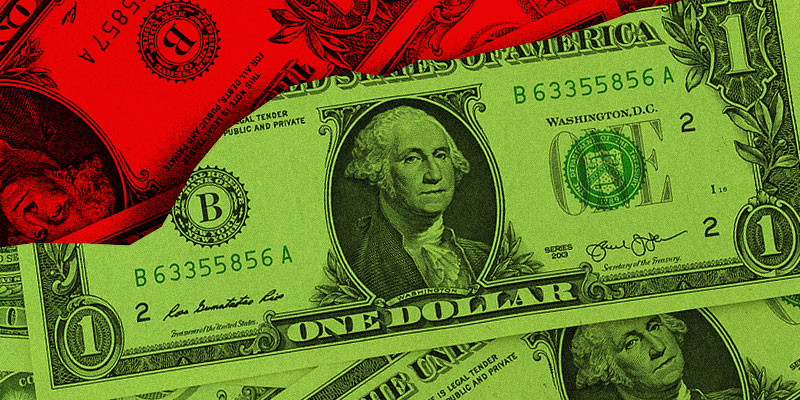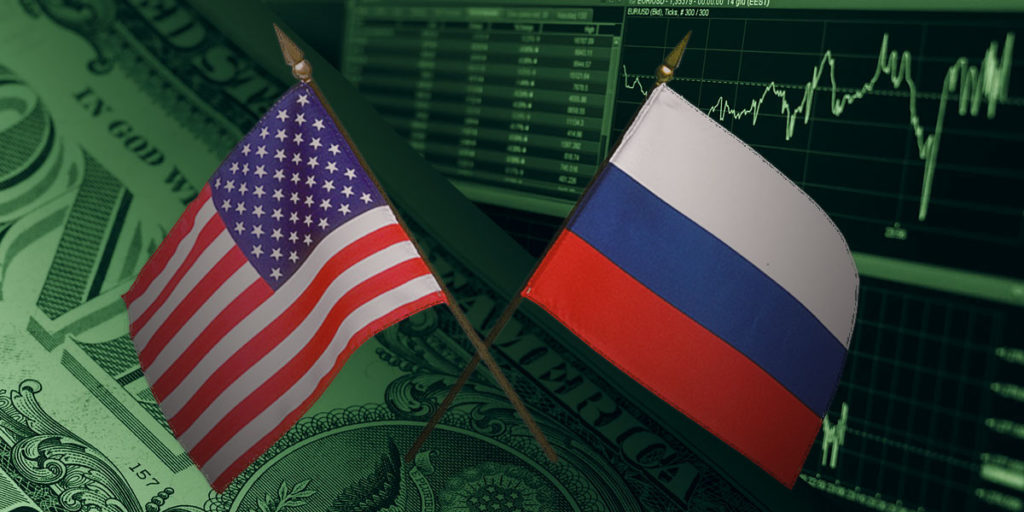Dog owners in Canberra, Australia, must now walk their companions daily or face a $2,700 fine, due to a 2019 animal welfare law recognizing dogs as sentient beings. Does requiring the humane treatment of animals restrict the property rights of humans and the functioning of economies?
I will not let rain, sleet, snow or dark of night deter me from walking my dogs. Dogs’ unbridled enthusiasm for a walk is so marvelous that I never want to let them down. I will confess, though, that I’ve violated Canberra’s new law.
Political philosophers’ theories of rights describe how humans should treat each other. Humans have the capacity for rational, deliberative action. Furthermore, political rights establish the conditions for the exercise of our rational capacities. Although beyond my professional expertise, based on my understanding, I would be reluctant to say that animals have rights.
Nonetheless, I think animals should be treated humanely and ethically, even though people disagree about what exactly constitutes humane treatment. And standards for humane treatment have changed over time. In the 1800s, owners could beat horses or mules for failing to do work.
Some critics dismiss animal rights when proponents do not extend rights to insects. An advocate willing to swat mosquitos rejects what critics see as the logical extension of animal rights. I think humans can hold ourselves to whatever standards of treatment we want. We can have inconsistent standards across species and decide to treat cute animals better. And we need not compromise our health and safety; we can, for instance, spray mosquitos.
The most relevant animal treatment issues today involve hunting and eating meat. My personal opinion here is irrelevant. But standards of care for animals have increased over time, so I can imagine hunting and eating meat being banned someday.
Do requirements for humane treatment compromise the property rights that provide the basis for our economy? As a free-market economist, I normally defend peoples’ economic freedom to use their property as they wish. Shouldn’t economic freedom include the freedom to organize dog fights?
Perhaps I am rationalizing, but I do not believe so. Property rights are ultimately rights to use things we own in certain ways. Ownership of animals may entail fewer rights than ownership of, say, furniture. Parents have more limited decision rights for their children than for themselves and can lose parental rights for abuse or neglect. Since standards of humane treatment can be inconsistent, we may decide that killing pigs or cattle but not dogs or horses for food is OK.
Would the banning of meat decimate agriculture? The impacts would be significant; the U.S. has over 90 million cattle, 70 million hogs and 230,000 poultry farms. The 2.3 million Americans working in agriculture will likely continue to do so, probably growing crops instead of raising animals. We have already seen a more radical transformation, however, as 80% of Americans worked in agriculture in 1800.
Banning meat would cause ranchers losses on the poultry and livestock they owned. However, meat is unlikely to be banned until many more Americans first become vegetarians. Fewer meat-eaters would reduce livestock populations and prices, reducing the losses from an eventual ban.
Animals, though, may not benefit from vegetarianism. The vast majority of America’s 70 million hogs are alive today because they are being raised for market. Most farm animals would not exist if we did not eat meat.
Is it better for an animal never to be born than born and raised to be eaten? Population ethics wrestles with a version of this question. China’s one child policy controlled population growth, but millions of children were never born. Does a higher quality of life for those lucky enough to be born offset the lives that never were?
Humanity is arguably making moral progress: slavery has been abolished, war is becoming rarer and we insist on humane treatment of animals. Ownership, limited by norms of humane treatment, leads humans to care for animals. Evolving standards of humane treatment need never cause economic calamity.
Daniel Sutter is the Charles G. Koch Professor of Economics with the Manuel H. Johnson Center for Political Economy at Troy University and host of Econversations on TrojanVision. The opinions expressed in this column are the author’s and do not necessarily reflect the views of Troy University.













